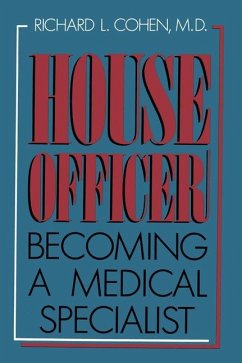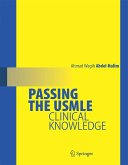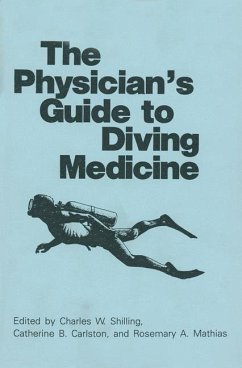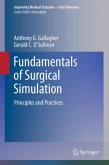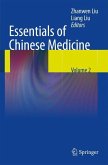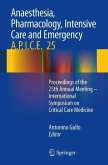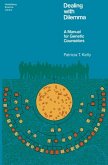This book is about how young physicians experience training as medical specialists. Much attention is now being drawn to the stresses of post graduate medical education, their potential negative impact on the qual ity of patient care, and the manner in which these stresses influence the professional and personal development of the physicians involved. The entire focus of this book is on the firsthand experience of 52 such physicians enrolled in 16 different medical specialty training programs. Because the evaluation of stress is largely a subjective one, I have elected through the perception and the cognitive pro to approach the question cesses of the trainees themselves. THE DOCTORS The "subjects" of this work are 52 young physicians who volun teered to be interviewed confidentially and anonymously during the 1986-1987 academic year. They represent the specialties of anesthesiol ogy, clinical pathology, dermatology, emergency medicine, family prac tice, general surgery, internalmedicine, neurology, neurosurgery, obstetrics and gynecology, ophthalmology, orthopedic surgery, oto laryngology, pediatrics, psychiatry, and radiology.
Bitte wählen Sie Ihr Anliegen aus.
Rechnungen
Retourenschein anfordern
Bestellstatus
Storno

